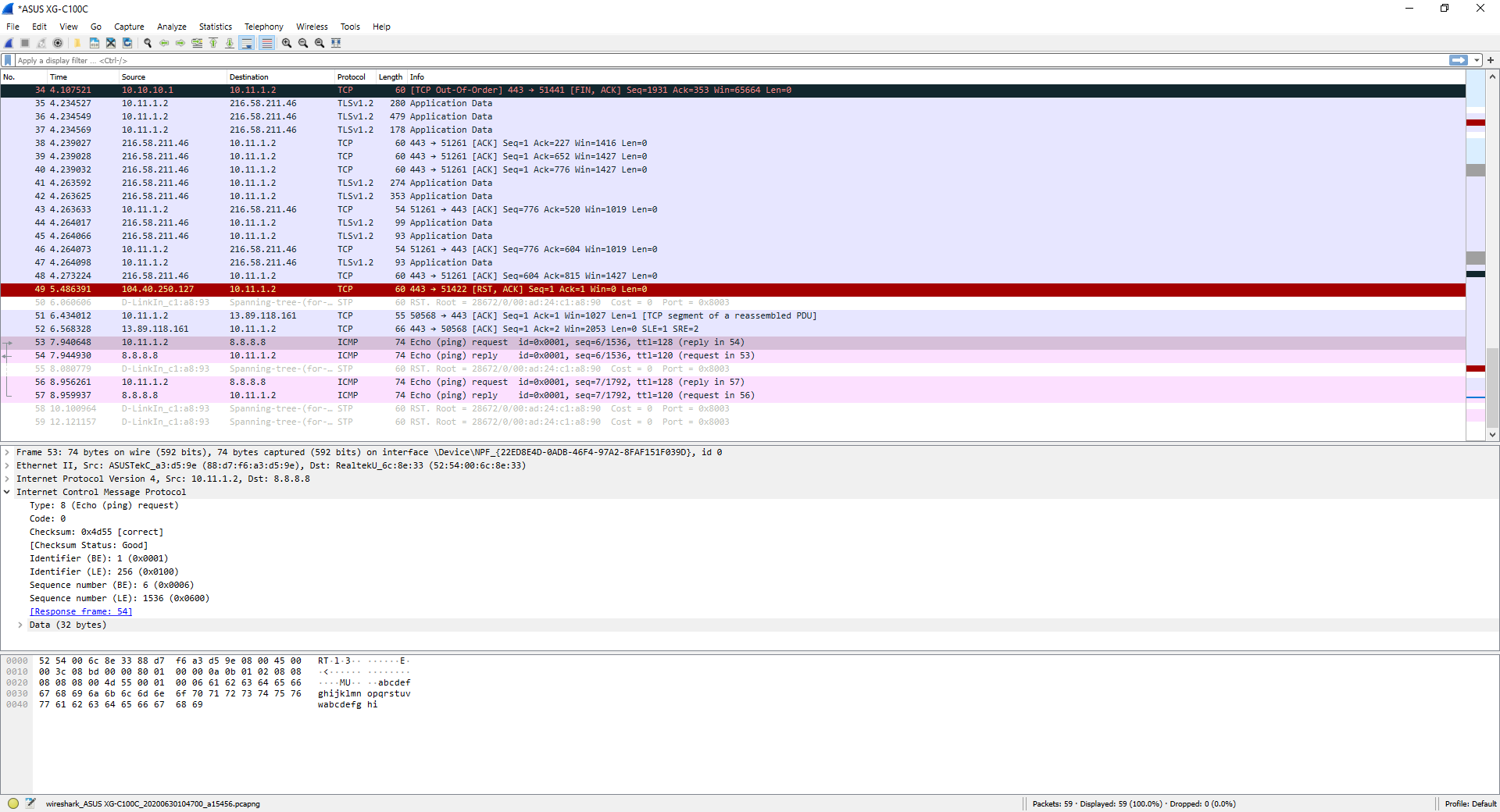

- FIDDLER VS WIRESHARK DRIVER
- FIDDLER VS WIRESHARK FULL
- FIDDLER VS WIRESHARK SOFTWARE
- FIDDLER VS WIRESHARK CODE
- FIDDLER VS WIRESHARK FREE
Statistics displays the exact times every step of the request took, from the client initially making a connection to the last step of the client receiving the response. Any requests taking an unusually long time will clearly stand out with a significantly longer bar in the timeline. The timeline will display the requests in a sequential “cascade” format.

To utilize the Timeline tab, select multiple requests in the Web Sessions list. The Timeline tab is useful for identifying which request in a multi-request process is acting as a bottleneck. The Statistics and Timeline tabs are both helpful when investigating any performance related issue, for example if a service is taking a long time to load in the Map Viewer.

The others are all advanced functionality outside of the scope of this blog. The most useful (for our purposes) are Timeline, Statistics, and Inspectors. There are numerous tabs in the Details pane. Intermediate: What do these details mean? Do they mean things? Let's find out! If you click a single web session, that triggers the Details pane to populate with a wide variety of information for that specific request. This is the IP address of the server destination of the request)
FIDDLER VS WIRESHARK SOFTWARE
This is the time your software first began sending the request, using your computer’s time)
FIDDLER VS WIRESHARK CODE
FIDDLER VS WIRESHARK FULL
Which server the request was sent to, and the full URL.The type of protocol used (HTTP or HTTPS).Important information contained here includes: The Web Sessions pane includes a sequential list of every request sent by the client to a web server. The Fiddler application itself is split into two main sections the Web Session s list and the…other pane (I couldn’t find an official name so for the purposes of this blog we’ll refer to it as the Details pane). The following documents outline the steps to capture mobile traffic: Both the mobile device and the machine where Fiddler is installed will need to be using the same wifi network. If it’s necessary to capture network traffic from a mobile device, some extra configuration is required. (This allows you to capture any requests sent using HTTPS, which is slowly but inevitably replacing HTTP as the protocol for transferring data across the web). In the pane that opens, check Capture HTTPS CONNTECTs and Decrypt HTTPS traffic.With Fiddler open go to Tools > Options.After installation, the only critical configuration that needs to occur is to enable it to capture traffic over HTTPS. I've chosen Fiddler because of its relatively simple interface and broad adoption within Esri Technical Support.īasics: download, configuration and layoutįiddler can be downloaded here. This blog will focus on capturing HTTP/HTTPS traffic using Fiddler.
FIDDLER VS WIRESHARK FREE
There are numerous free tools (such as Fiddler, Wireshark, Charles and others) which allow users to capture web traffic from their computers. But what about when you’re consuming services in ArcGIS Pro, ArcMap or any other non-browser client? Enter: web traffic capturing tools. الشرق الأوسط وشمال أفريقيا - اللغة العربيةIn a previous blog post, my esteemed colleague and board game nemesis Kelly Gerrow-Wilcox discussed the basics of capturing web traffic in a web browser using the built in browser developer tools. Southeast Asia (Includes Indonesia, Malaysia, Philippines, Singapore, Thailand, and Vietnam) - English

Selecting a region changes the language and/or content on.
FIDDLER VS WIRESHARK DRIVER
Capturing localhost traffic (on Windows) can be a bit of a challenge, because when you send messages to 127.0.0.1 the internal network driver typically skips a few steps. It is also a good solution for when you have a local Adobe Campaign installation (such as application server and client on one machine) and want to capture the SOAP calls to the localhost. Fiddler is an excellent tool for capturing http traffic.


 0 kommentar(er)
0 kommentar(er)
